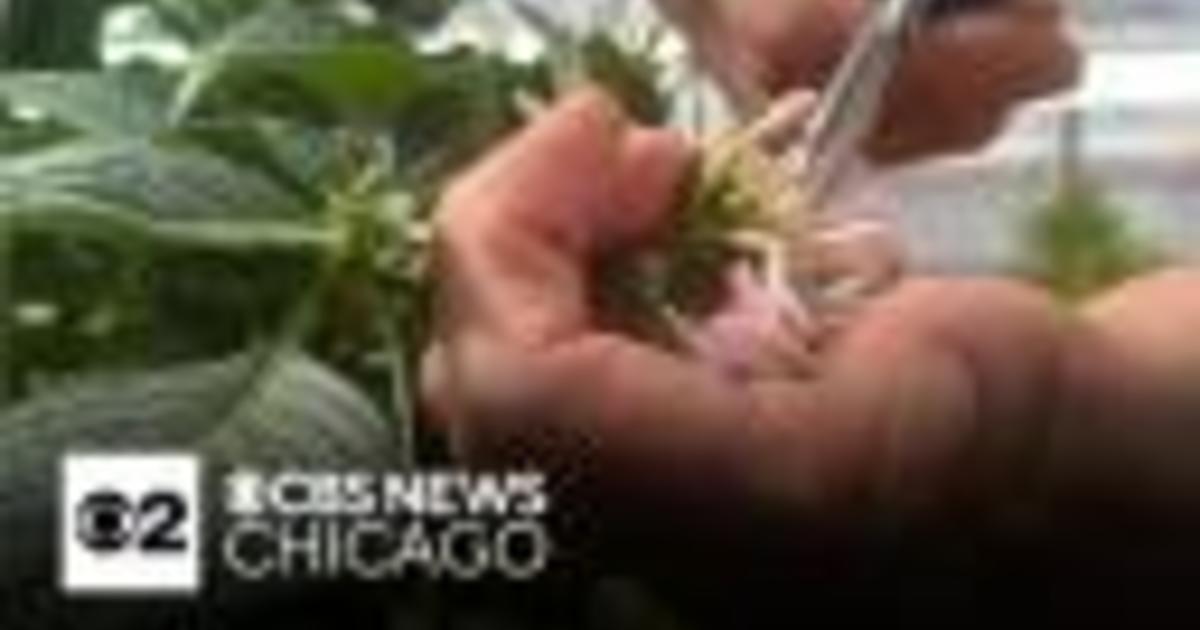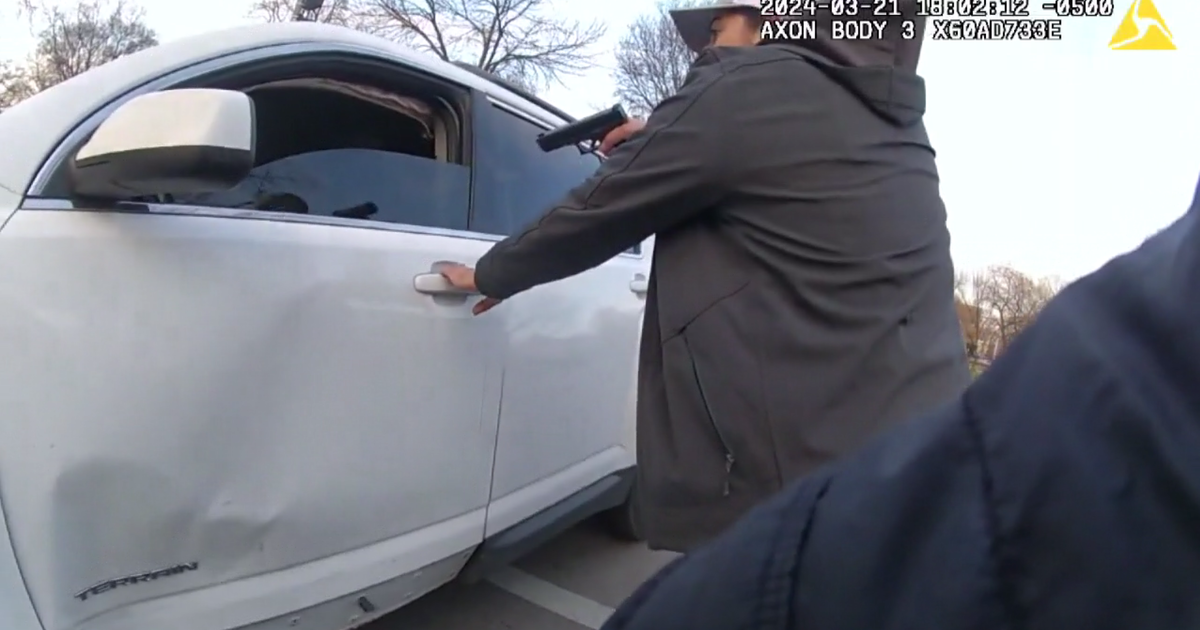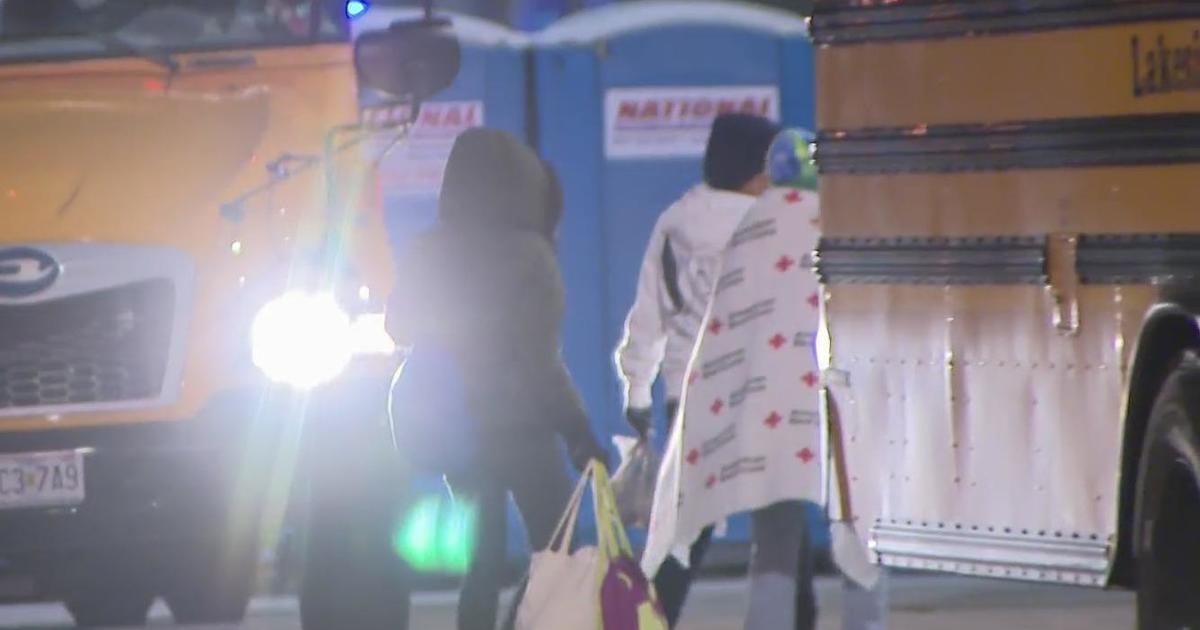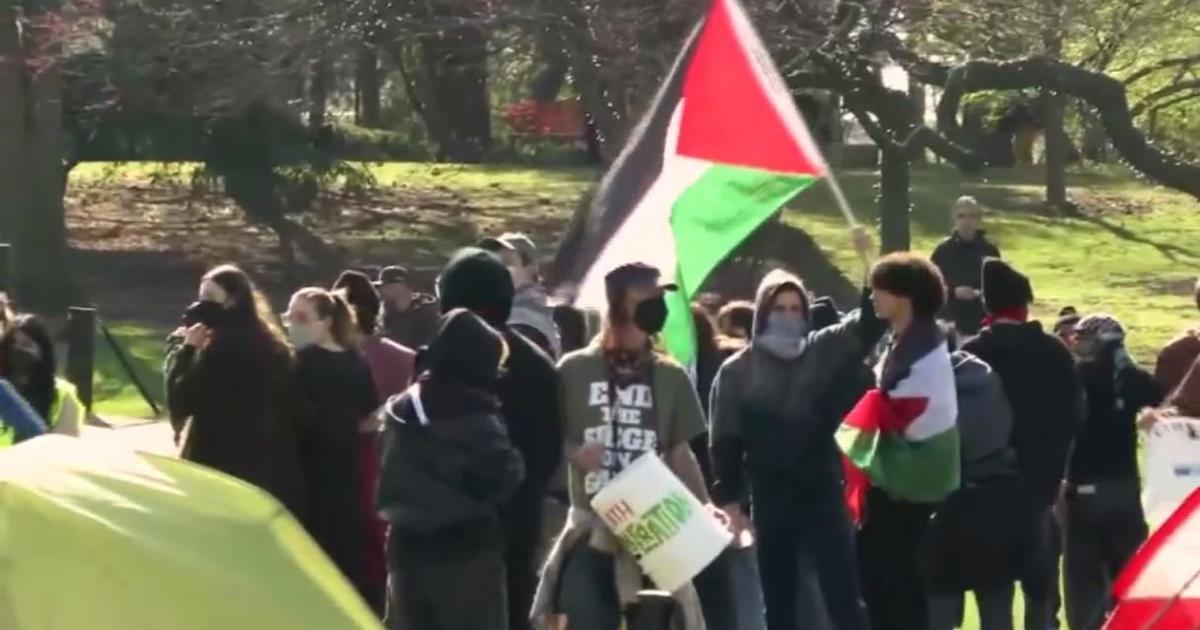Fact-Checking Coronavirus Myths: Widely-Spread Falsehoods Debunked
CHICAGO (CBS) -- You've likely heard lots of rumors about the coronavirus, and we can't stress enough that you should rely only upon reputable information.
With all the myths circulating, CBS 2 Morning Insider debunked six widely-spread falsehoods so you can be better informed.
The Internet is great for finding information, as long as you're getting it from the right place. In these extraordinary times, we wanted to take a moment to tell you the truth, and ask you to please stop spreading bad information.
Myth #1 comes from a widely distributed email, supposedly attributed to Stanford University. It claims drinking water every 15 minute will wash the virus out of your system. That's not true, and the email is not from Stanford, according to a spokesperson for the esteemed university in California.
Myth #2 comes from the same bogus email. Supposedly, if you can hold your breath for 10 seconds, you don't have COVID-19. It's nonsense. The only way to know if you have the virus is to get tested through a reputable doctor or hospital.
Myth #3 claims rinsing your nose with saline can help prevent coronavirus infection. While that can help you more quickly recover from the common cold, rinsing your nose doesn't help with COVID-19.
Myth #4 claims a hair dryer or hand dryer can kill the virus. Nope. Ideally, you should was with soap and water, and then dry thoroughly with paper towels or a hand dryer. Alcohol-based hand sanitizer can work as well.
Myth #5 claims taking a hot bath can prevent the coronavirus. Again, false. If you want to relax or get clean, by all means, hit the tub, just don't expect it to prevent COVID-19.
Myth #6 claims taking your temperature is a surefire way to know if you have the virus. While a fever is one symptom of the virus, it's not the only one, and a fever can be caused by many other factors. In fact, people who do have COVID-19 might not develop a fever for several days after being infected. So, taking temperatures at places like airports can help, but it doesn't tell you the whole story.
Let's be real, this is an extraordinary time. Much of what we're hearing is scary, and is real, but we don't need to make it worse by spreading bad advice.
For more information about the novel coronavirus, check out our "Just The Facts" page, and feel free to share the real story with friends and family.



